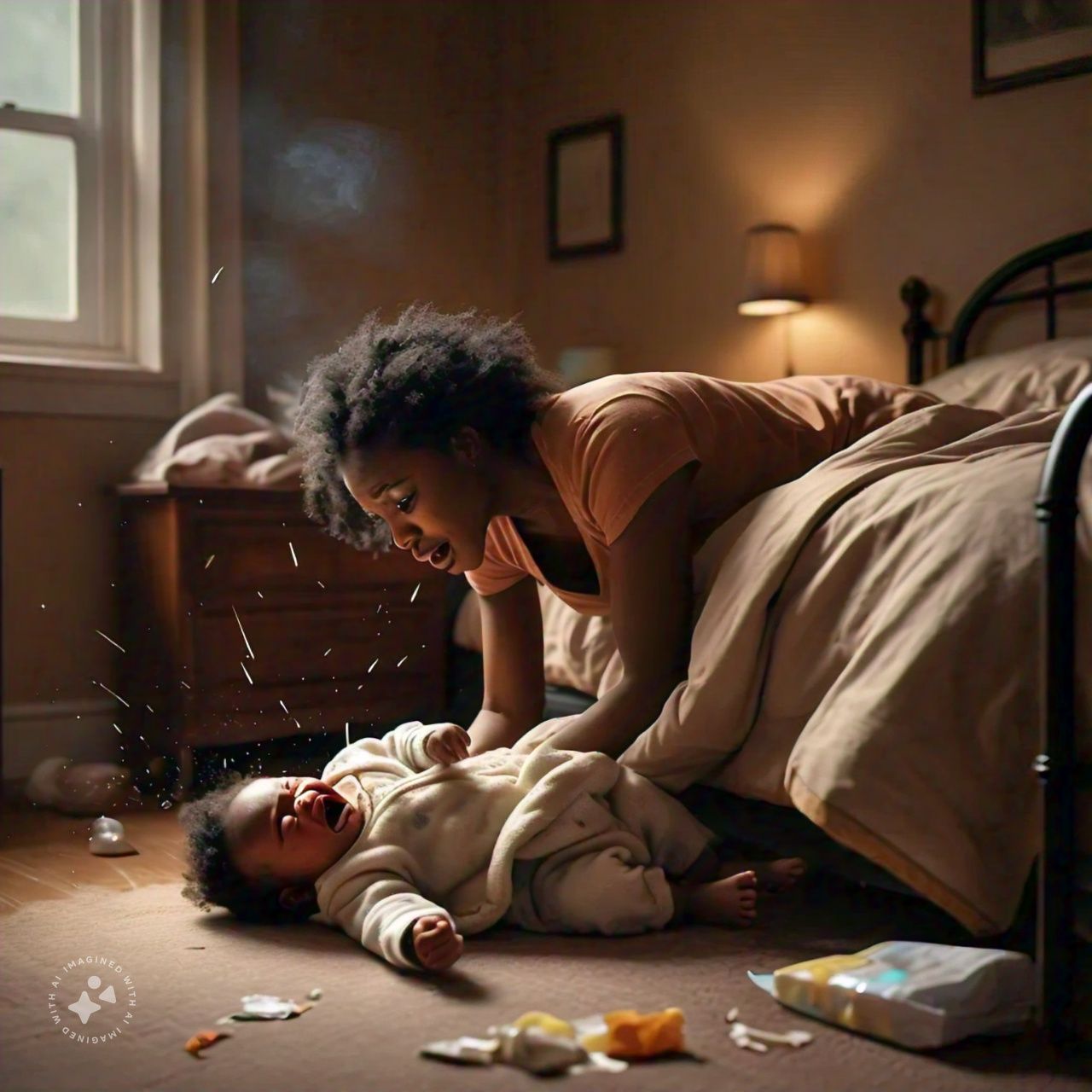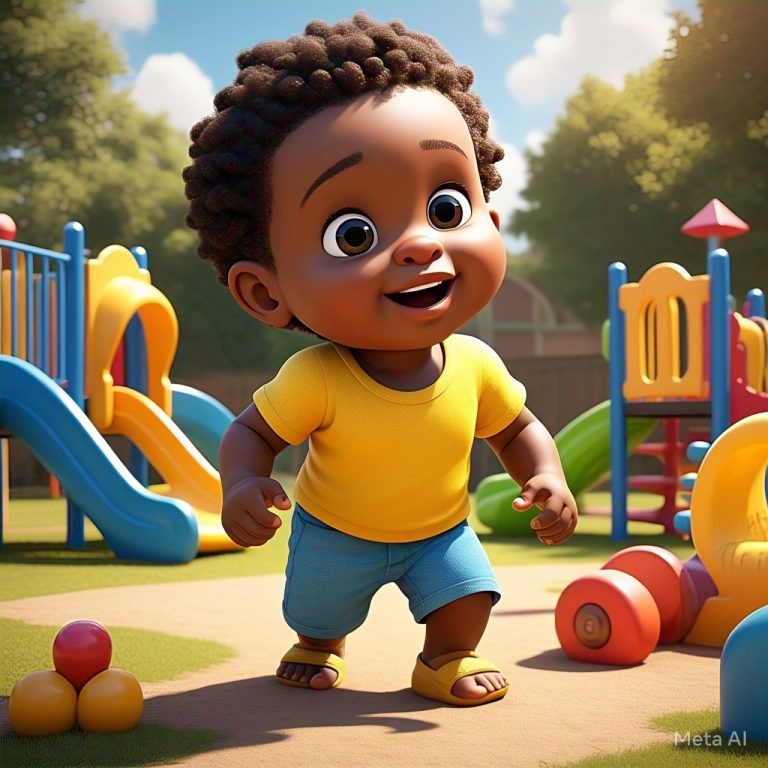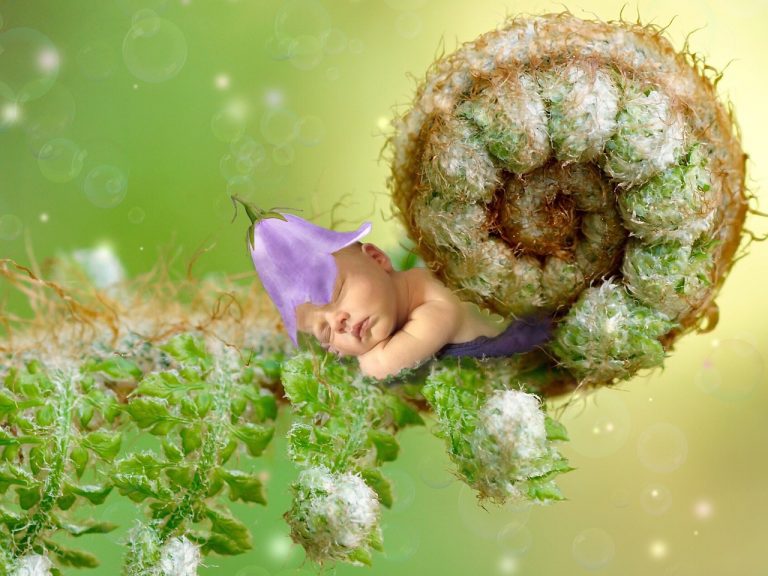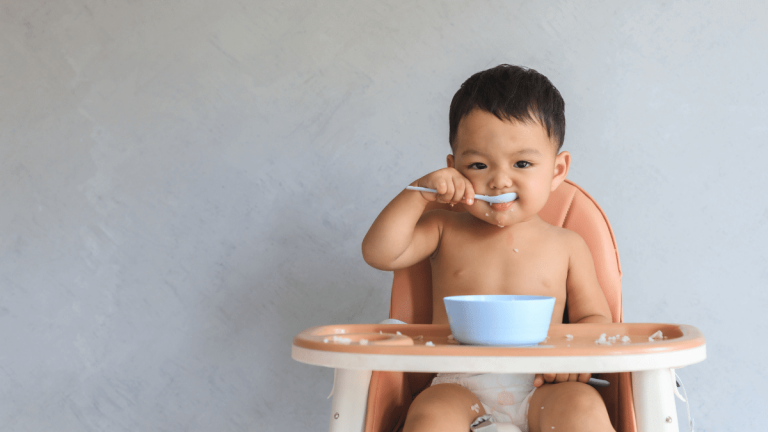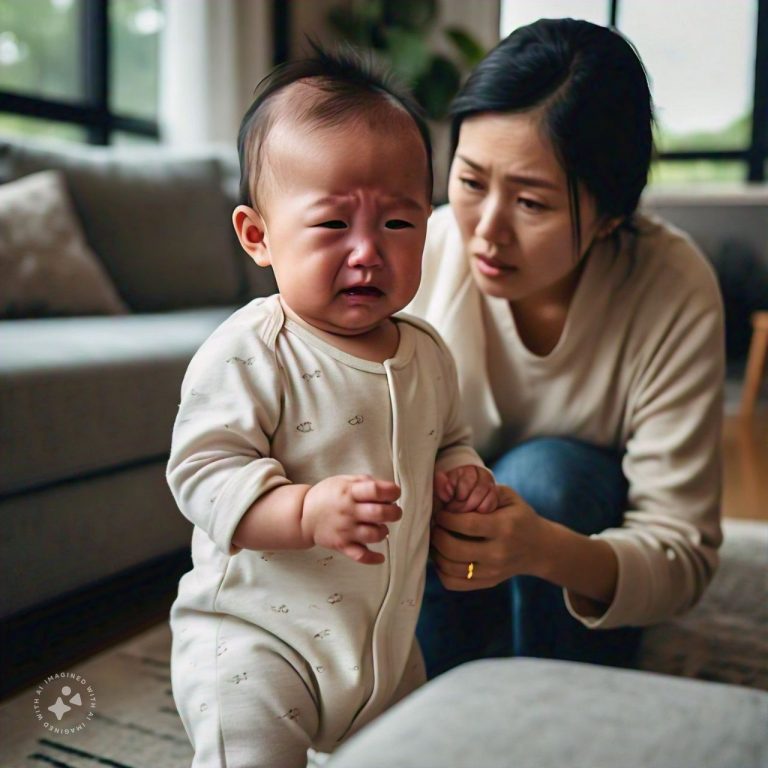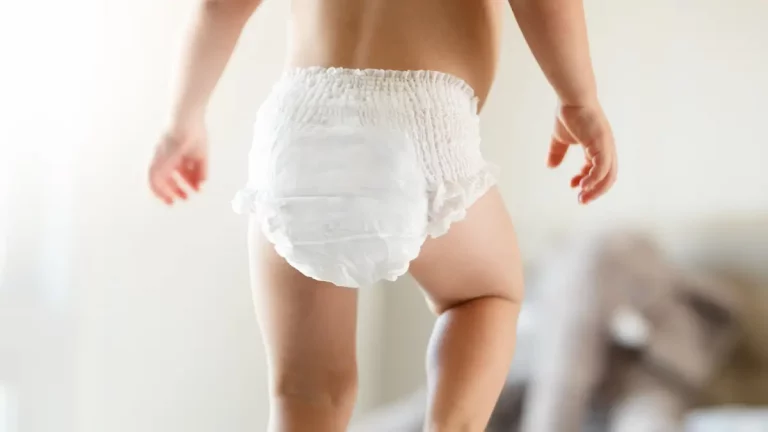What to Do When a Baby Falls Off the Bed
Every parent dreads the moment their baby might fall off the bed. Despite our best efforts to keep them safe, accidents can happen.
If your baby has fallen off the bed, it’s natural to feel panic, guilt, or worry. However, it’s essential to stay calm and assess the situation carefully.
I am here to help you to face the situation ..Here are my tips
.1. Stay Calm and Assess the SituationTake a Deep Breath:
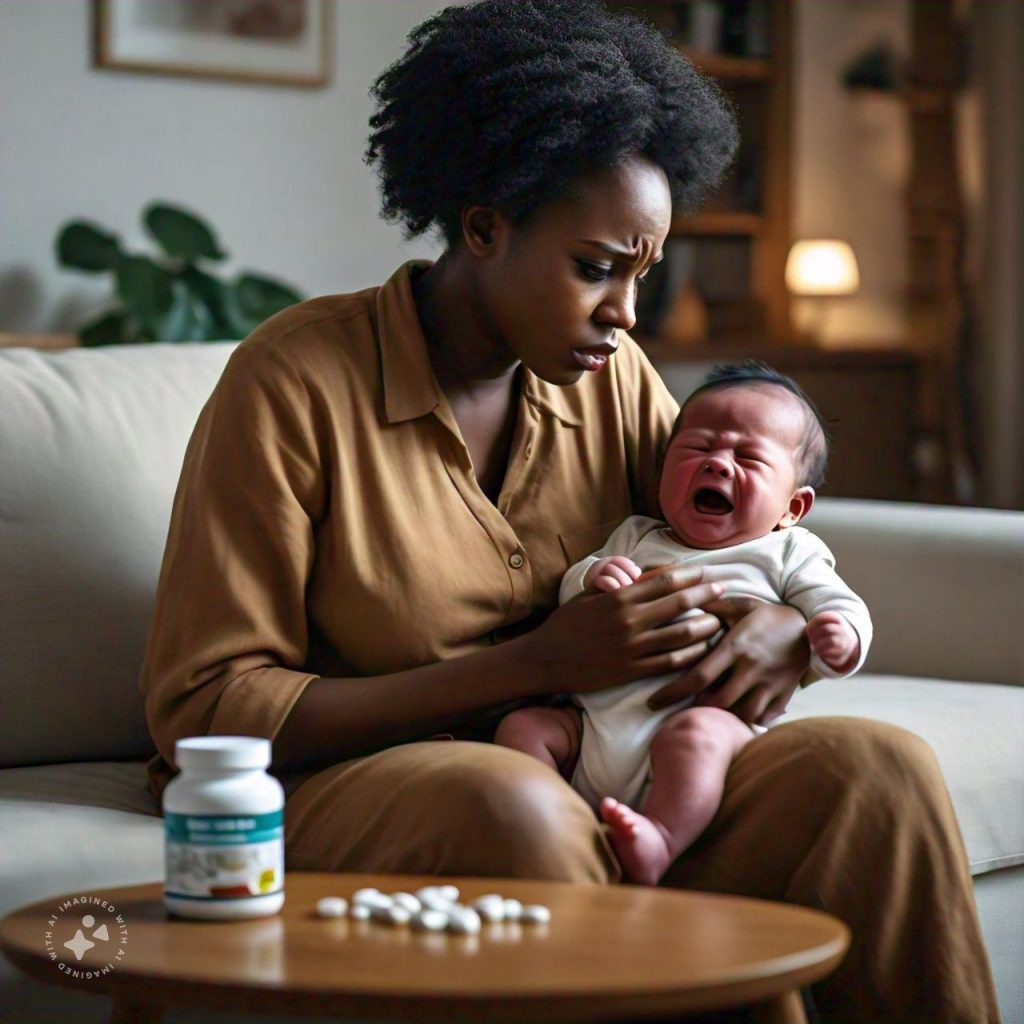
While it’s easier said than done, your baby’s cry will pick up on your emotional state.
Staying calm helps you think clearly and respond. If you are calm you cann make better decisions and make your baby comfortable better.
2)Check for Immediate Injury:
Look for any obvious signs of injury such as bleeding, swelling, or deformity. If your baby is crying, it’s often a good sign that they are responsive.
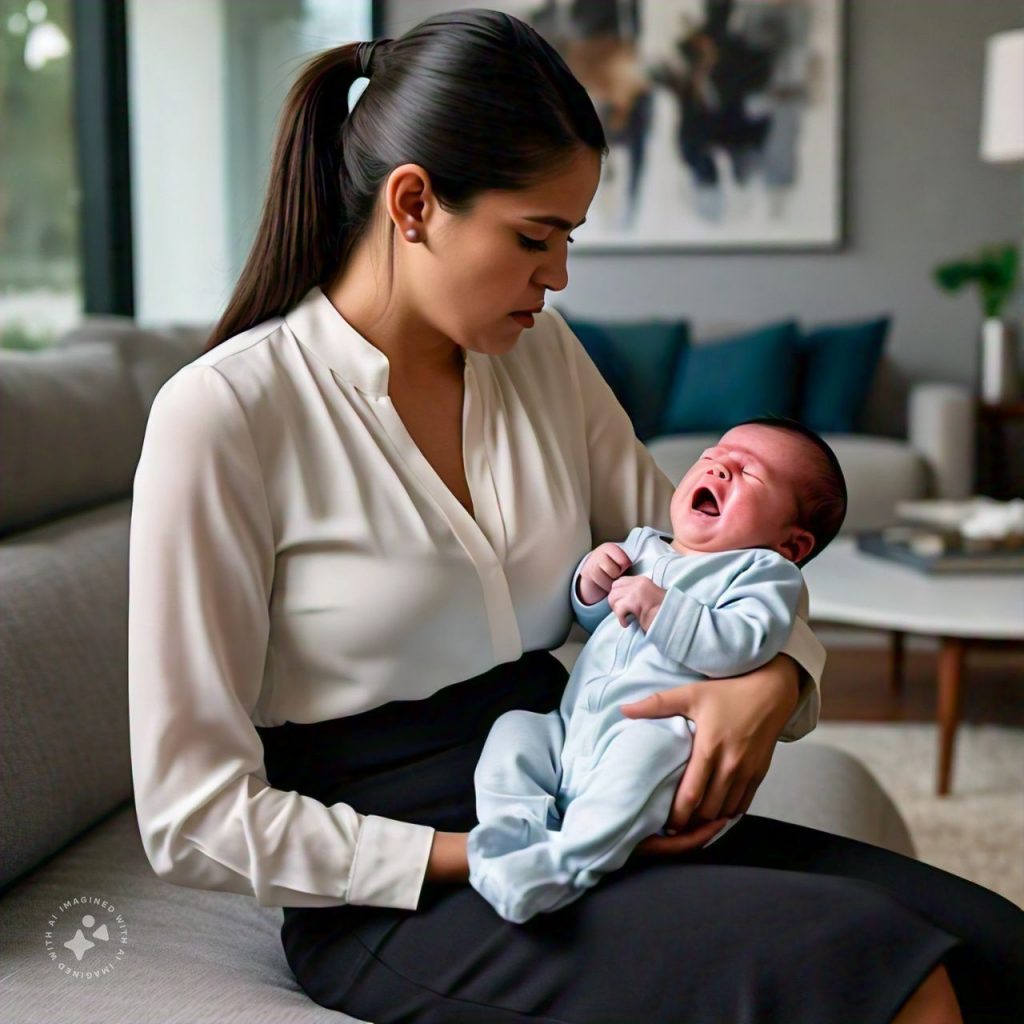
2. Observe Your Baby’s BehaviorNormal Crying: It’s normal for babies to cry after a fall because of the shock or discomfort. However, if your baby is easily soothed and calms down within a few minutes, it’s likely not a severe injury.
3)When to Seek Immediate Medical Attention Falling from a Height: If your baby fell from a significant height, or onto a hard surface, it’s wise to consult a healthcare provider even if they seem fine.Look for danger signs such as change in behaviour, vomiting, seizure,loss of consciousness
a)Unusual Behavior: Watch for signs like excessive sleepiness, vomiting, refusal to eat, or abnormal irritability. These could indicate a concussion or other serious issues.
b)Check for Physical Symptoms: Look for bruising, swelling, or any changes in the baby’s pupils. Gently feel their head and body for any tender spots or bumps.
c)Monitor for Signs of a Head Injury or Loss of Consciousness: If your baby loses consciousness, even briefly, it’s crucial to seek medical attention immediately.
d)Vomiting: Vomiting after a fall can be a sign of a head injury. One instance might not be alarming, but repeated vomiting should be taken seriously.Seizures: If your baby has a seizure following the fall, call emergency services immediately.
e)Changes in Behavior: If you notice any changes in your baby’s normal behavior, such as increased irritability, lethargy, or refusal to eat, contact your doctor
.4) Handling the Emotional Impact Dealing with Guilt: It’s common for parents to feel guilty when their baby has an accident. Remember, these things happen, and the most important thing is how you respond.
5)Learn from the Experience: Reflect on how the accident happened and take steps to prevent it in the future, such as placing the baby in a crib or on the floor when unattended.
6. Preventing Future Falls Lower Beds: If possible, lower the bed or use a mattress on the floor during the baby’s early months.
7)Use Safety Rails: Consider installing safety rails on beds to prevent falls.Supervised Sleeping: Never leave your baby unattended on a bed, couch, or other elevated surfaces. Even if they haven’t rolled over before, they might do so unexpectedly.
While it’s frightening when a baby falls off the bed, knowing how to respond can make a significant difference. The key is to stay calm, assess the situation, and seek medical advice if necessary. Taking preventative steps afterward can help ensure your baby’s safety in the future. Remember, accidents happen, and being prepared is the best way to handle them.
